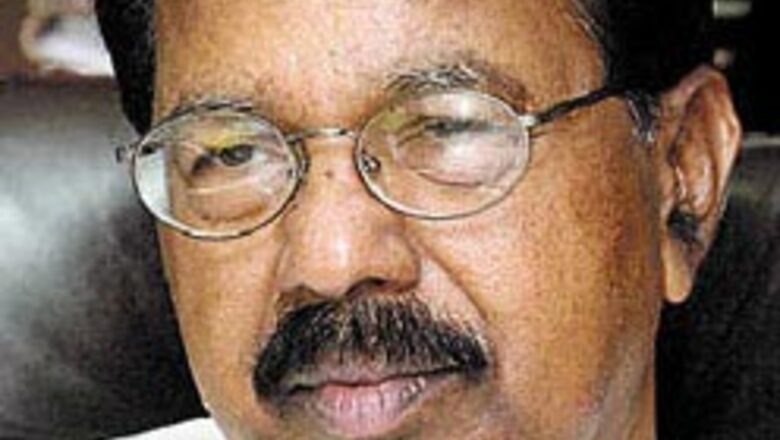
views
New Delhi: The Oversight Committee has recommended that the criteria for admissions in IITs and IIMs should be determined by the institutions alone to maintain their excellence.
The decision came as a clear signal that the quota for OBCs in elite educational institutions might not be implemented in one go.
"The Committee recognises that those institutions of higher learning which have established global reputation (e.g. IITs, IIMs, IISc, AIIMS and other such exceptional quality institutions) can only be maintained if the highest quality in both faculty and students in ensured," it said in its interim report.
Observing that "expansion, inclusion and excellence" was the moving spirit behind the new reservation policy, the panel headed by former Karnataka chief minister Veerappa Moily said in its report that institutions of higher learning should keep these principles in mind while determining the threshold marks for admitting OBC students.
While expanding intake, care should be taken to ensure that capacities are expanded in subjects or areas in which there are employment opportunities, said the report that was presented to Prime Minister Manmohan Singh recently.
The Committee, however, left the issue of a creamy layer for its final report, which will be presented by August 31.
There was certainly a case for increasing Plan and budgetary allocations for the higher education sector and it was felt that the additional resources to be generated to give effect to the policy decision on reservations should not be a one-time affair, the panel said.
Strongly advocating that students who currently tend to get excluded, must be given every opportunity to raise their own levels of attainment, it said, "The government should invest heavily in creating powerful, well designed and executed remedial preparatory measures to achieve this objective fully."
A mechanism for funding higher education through loans and scholarships would have to be looked at for economically disadvantaged students, it said.
The report said certain administrative and financial powers have to be delegated to the institutions of higher learning to give effect to the decision to expand student capacity by 54 per cent within a limited timeframe.
To overcome the shortage of faculty in these institutions, the Committee suggested the raising of the age of superannuation to 65 years across the board, and engaging retiring faculty on three-year contracts that will be extendable up to the age of 70 years.
Other recommendations include engaging visiting or adjunct faculty on attractive terms, and assigning additional workload to existing faculty within reasonable limits so that there is no dilution and amendment in eligibility criteria for faculty recruitment.
The committee also recommended the setting up of an empowered committee in each institution and asked the human resource development ministry to give necessary approvals and sanctions on infrastructural and developmental issues.



















Comments
0 comment